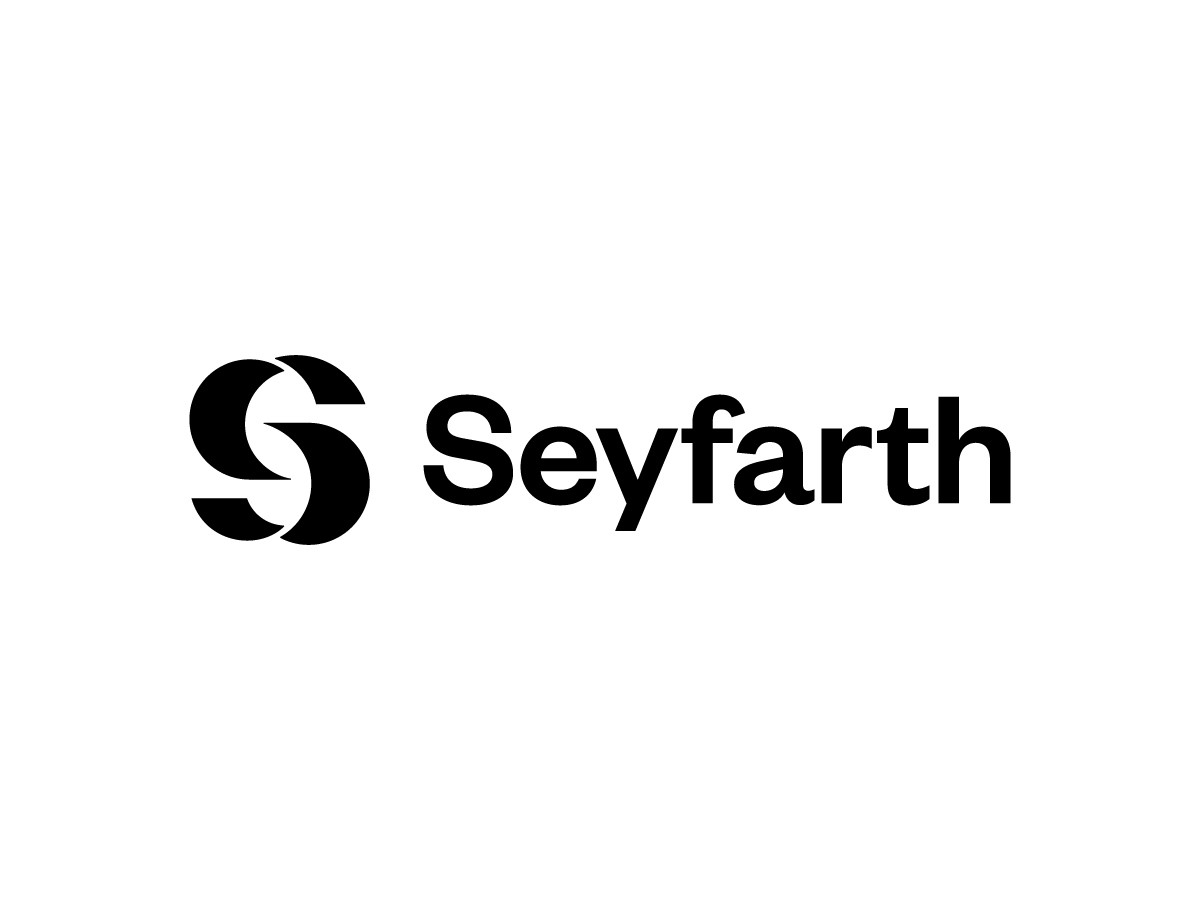Texas Court of Appeals Dismisses Trade Secret Case Against Defendant for Lack of Personal Jurisdictional | Seyfarth Shaw LLP
Establishing jurisdiction over a defendant is critical in every lawsuit. Trade secret cases are certainly no different. A recent appellate decision from Texas underscored this important point by dismissing a plaintiff’s claim against a defendant – who did not even deny that he received misappropriated trade secrets – for lack of jurisdiction.
The case is Joe Formicola v. Virtual Integrated Analytics Solutions, LLC, 14th Court of Appeals, Texas, Case No. 14-22-00412-CV (the state court case is Virtual Integrated Analytics Solutions LLC vs. Optimal Designs Incorporated et al., Case No. 202215877, in the 189th District Court of Harris County, Texas). On May 11, 2023, the Texas Court of Appeals Court overturned the trial court’s ruling and granted Formicola’s request to dismiss Virtual’s claims against him for lack of personal jurisdiction.
The plaintiff, Virtual, is a Texas company, which sells products and services to a variety of technological Industries. One of Virtual’s direct competitors is Optimal Designs Inc., another Texas corporation controlled by James Reed, a Texas resident.
Virtual offered to purchase Optimal and hire Reed as a new director. Reed accepted the offer, but before the deal was completed, Virtual began sharing trade secrets with Reed, including a profit-sharing agreement that Virtual was actively negotiating with another company, Himarc. Virtual tasked Reed with finalizing the agreement with Himarc, but instead of doing so, Reed started seeking out other partnerships that included Optimal and excluded Virtual. It was during this time that Reed approached Joe Formicola, a Michigan resident, and offered to deliver the misappropriated Himarc partnership. Formicola accepted Reed’s proposal and began engaging in a business partnership with Reed based on Virtual’s confidential information and business relationship.
Virtual ultimately filed suit against several individuals and entities, including Formicola. In response, Formicola filed a special appearance for purposes of challenging jurisdiction, but the trial court denied Formicola’s motion. At no point did Formicola ever attempt to contest the trial court’s jurisdiction over him on a factual basis, nor did he ever produce any evidence disproving Virtual’s allegations that he had received misappropriated trade secrets from Reed. Instead, Formicola simply challenged the trial court’s jurisdiction on a purely legal basis by arguing that Virtual’s allegations, even if true, were insufficient to establish both general personal jurisdiction and specific personal jurisdiction.
In its response to Formicola’s motion, Virtual only addressed the issue of whether the trial court had specific personal jurisdiction over Formicola. Similarly, on appeal, Virtual only defended the trial court’s exercise of specific personal jurisdiction.
As the Texas Court of Appeals noted, “Virtual did not allege that Formicola ever came to Texas to meet with Reed regarding this business relationship. Similarly, Virtual did not allege that Formicola agreed to operate this business in Texas, or that he ever solicited any business customers in Texas. Virtual did not even allege that Formicola had hatched the plan to misappropriate Virtual’s trade secrets. Quite the opposite, Virtual alleged that Reed obtained the trade secrets from Virtual in Texas, and then Reed approached Formicola in Michigan with a plan for their misappropriation.”
Based on these facts, the Appeals Court concluded that “Reed’s unilateral activity cannot be attributed to Formicola for jurisdictional purposes. The facts alleged in Virtual’s live pleading, even if true, do not demonstrate that Formicola purposefully availed himself of the privilege of conducting activities in Texas.” Accordingly, the Appeals Court concluded that “the trial court erred by denying Formicola’s special appearance because the facts alleged by Virtual are legally insufficient to show that Formicola purposefully availed himself of the privilege of conducting activities in Texas” and dismissed all of Virtual’s claims against Formicola for lack of personal jurisdiction.
Takeaway: Before incurring the considerable time, energy, and expense associated with preparing and filing suit against a defendant in a trade secret case (where, more often than not, it is critical that the case proceed immediately and likely also involves a motion for emergency injunctive relief), be particularly careful to have nailed down personal jurisdiction. Thoroughly examine where the alleged misappropriation and wrongdoing occurred, especially in cases involving parties from multiple states. Otherwise, extremely valuable time could be lost forever to the detriment of your legitimate trade secret claims.






